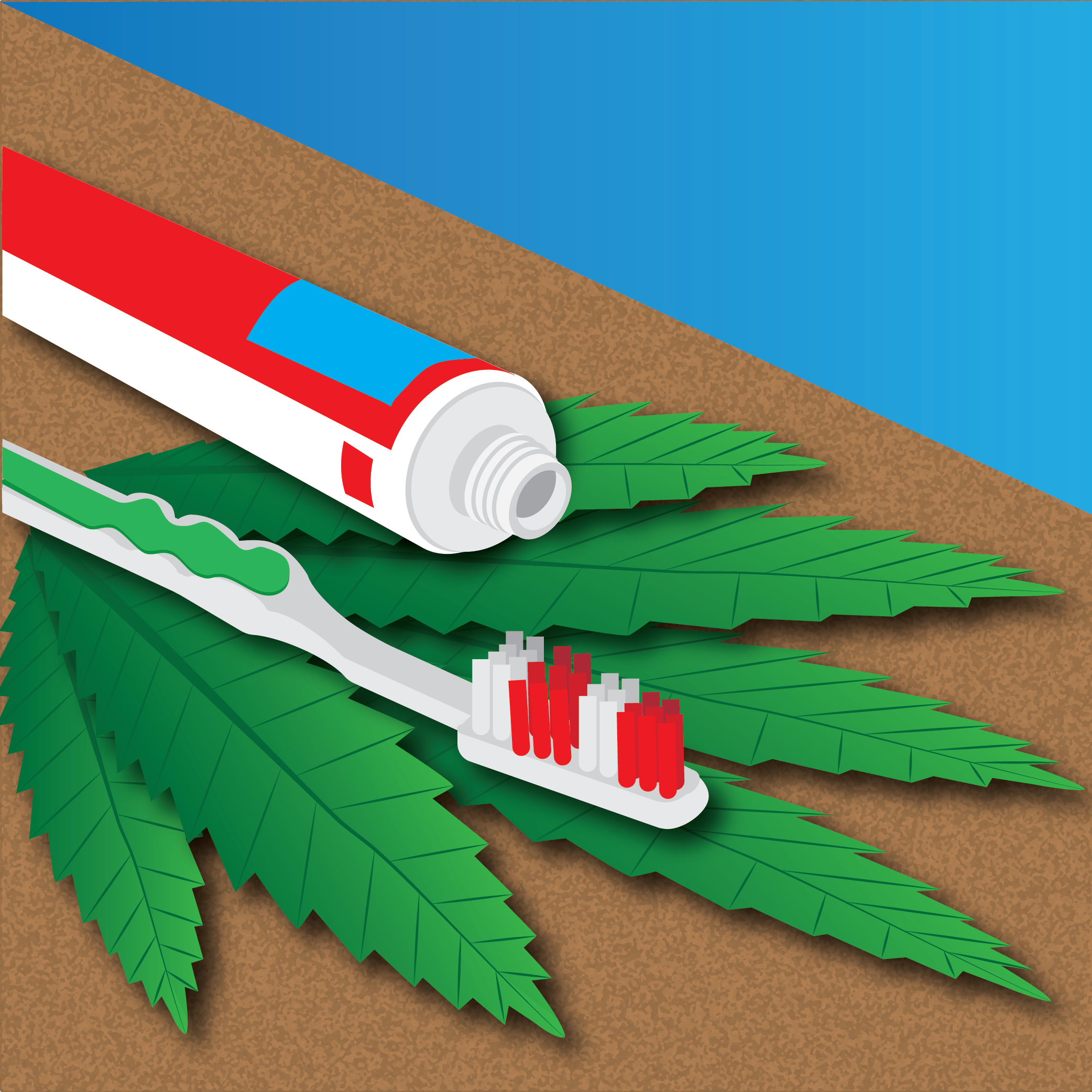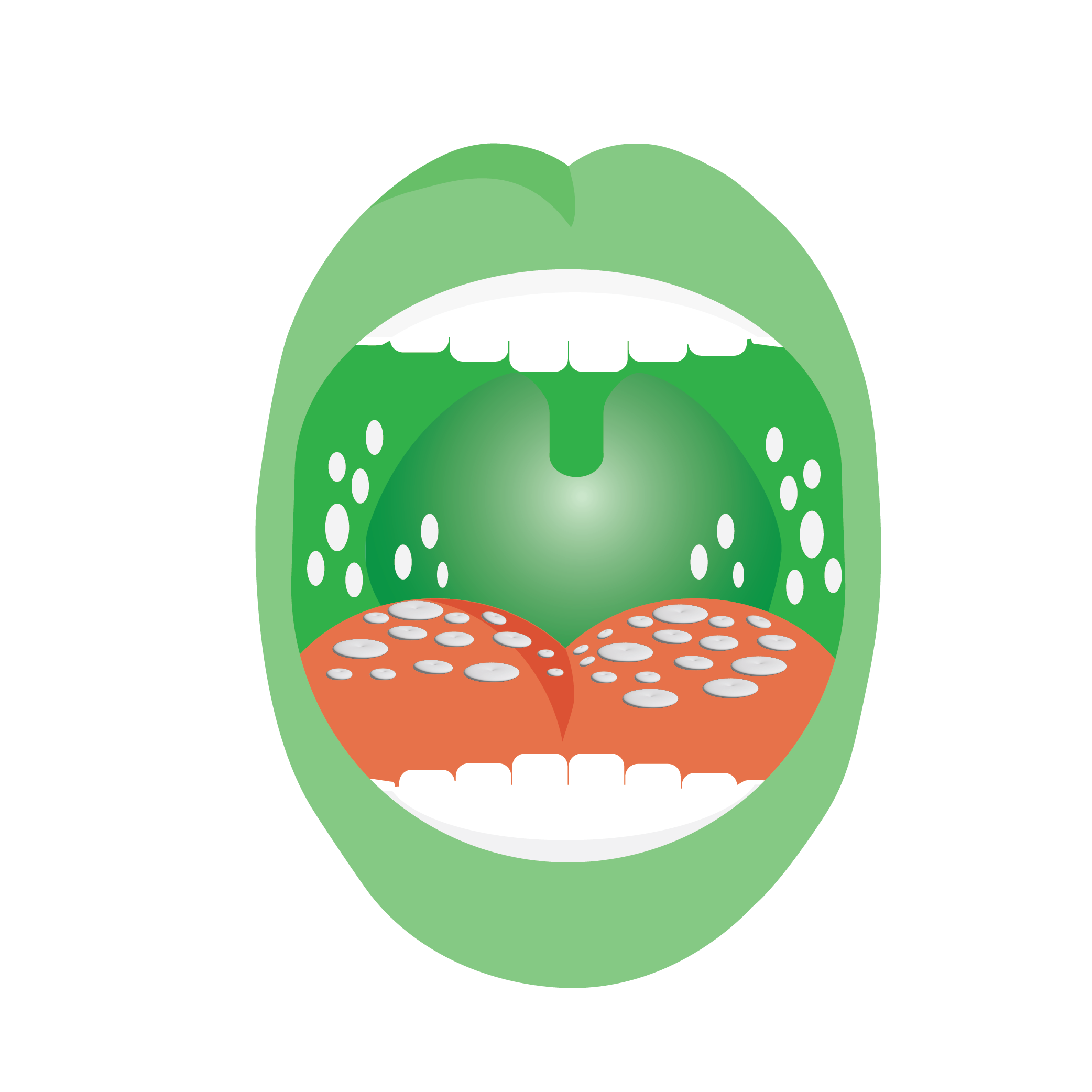Because marijuana is being legalized in some states, its use has increased. While it has been shown to have some positive medical effects in the literature, we have noted significant negative effects on oral health in frequent users.

Smoking marijuana has been associated with some negative oral health side-effects:
- Dry mouth is associated with frequent use, which can lead to a number of other oral health conditions.
- Higher consumption of sugary foods and beverages, which can cause cavities (caries) because of appetite stimulation associated with use.
- Gum disease (periodontal disease). Regular users have a higher incidence of gum disease.
- Candida Albicans overgrowth (thrush) which causes redness, white plaque and soreness inside the mouth.
- Risk of oral cancer may be increased in regular marijuana smokers.
Research is ongoing and needed to further explain the potential negative effects of cannabis use and oral and overall health.

It is important to tell your dental team if you are a regular user of cannabis. This will help them instruct you on how to avoid cavities, gum disease and other oral complications. Be aware: anesthesia that is used during dental procedures can contain epinephrine. This can cause life threatening or even deadly consequences in those who have recently smoked marijuana. Be sure to be honest with your dental team so that they can safely provide the appropriate treatment and care.
Good at home oral health habits, fluoride (in tap water and toothpaste), and regular dental check-ups are very important to help avoid pain, periodontal bone loss and permanent tooth loss. A nutritious diet keeps your mouth healthy as well as your body. Brushing and flossing before bed maintains saliva flow that helps to avoid dry mouth. These tips as well as open and honest communication with your dentist will ensure that your mouth, teeth and gums stay healthy, despite marijuana use.
References:
This information in this post is for general educational purposes only and does not warrant or represent any information as related to health as specifically appropriate for you. It is not intended to be medical advice or replace the relationship that you have with your health care providers. You should always seek medical advice on any diagnosis or treatment from a qualified health care provider. The information is provided “as is” without any representations or warranties, express or implied.






